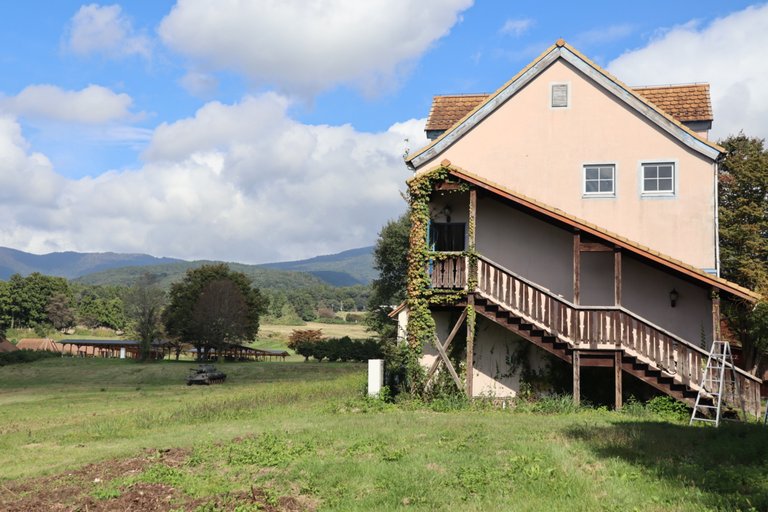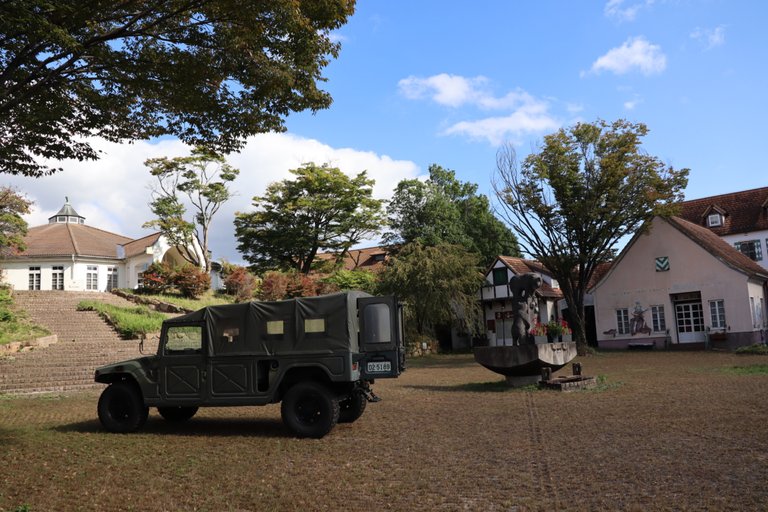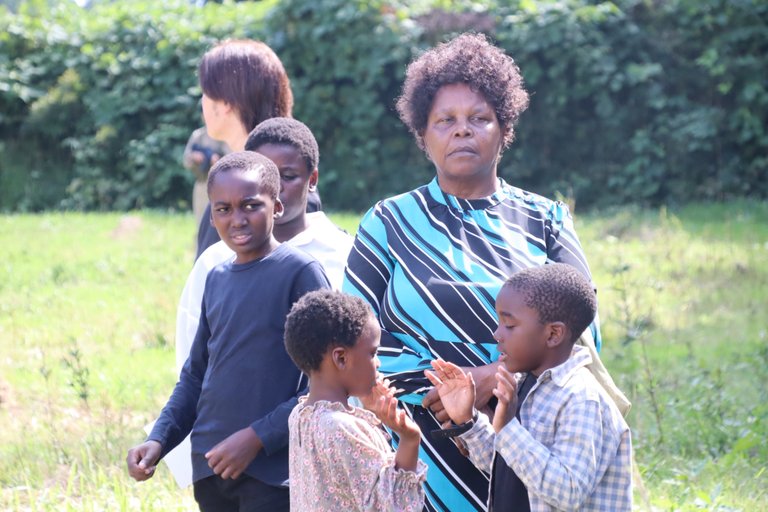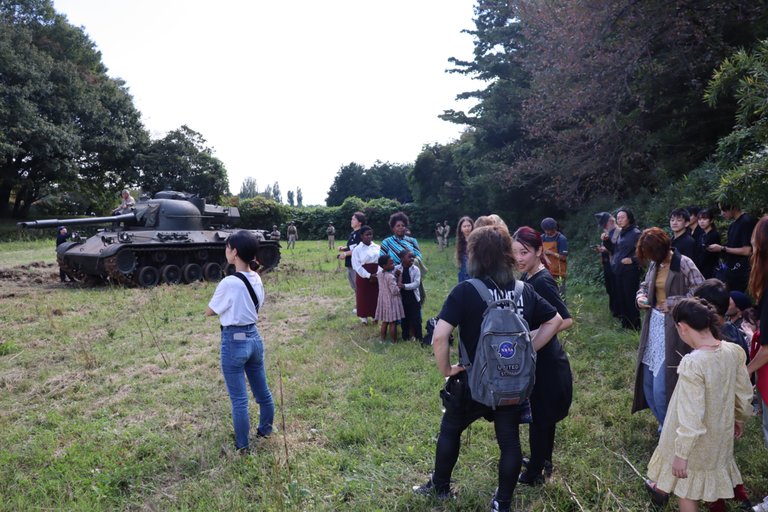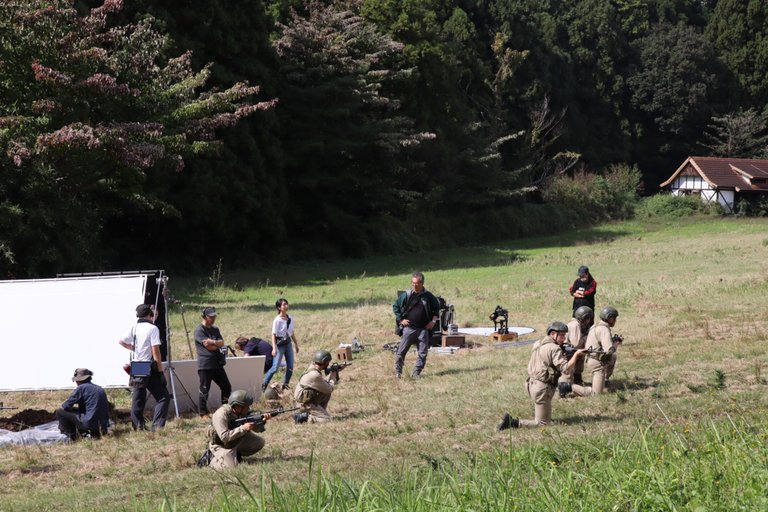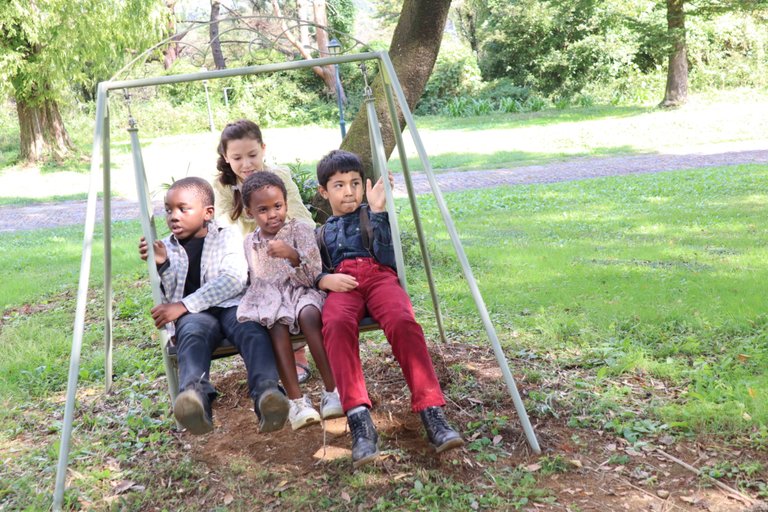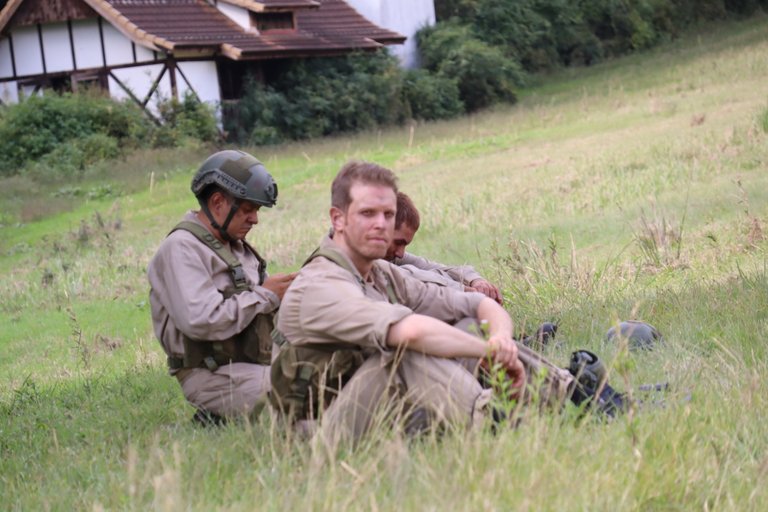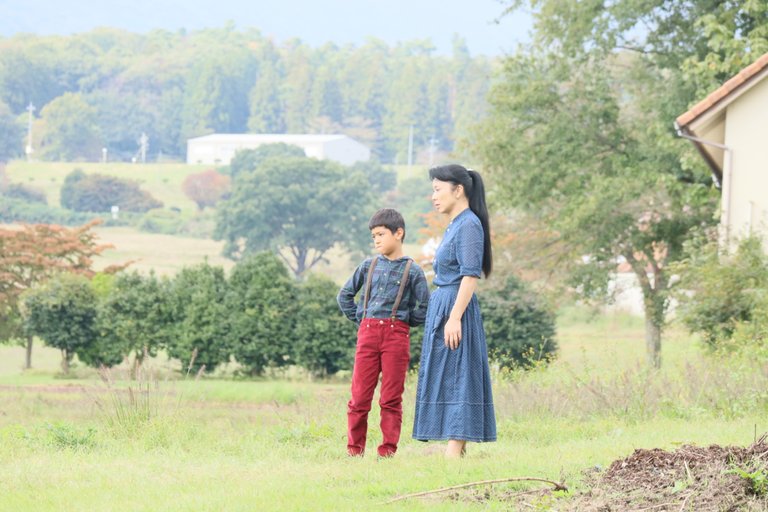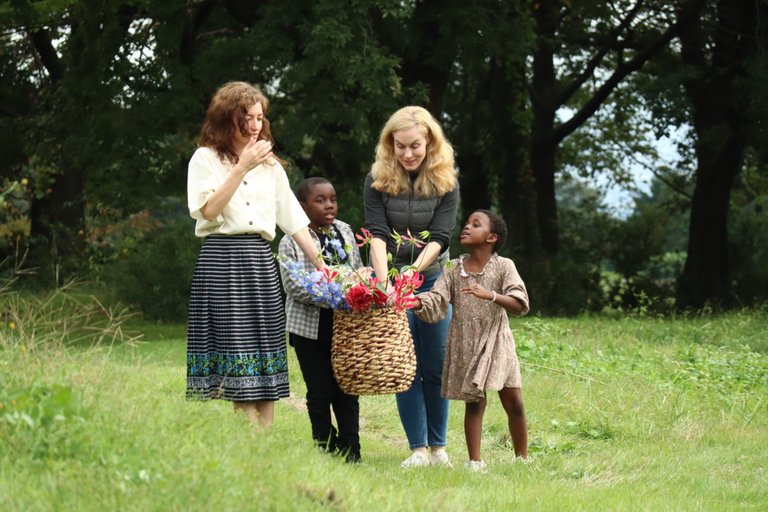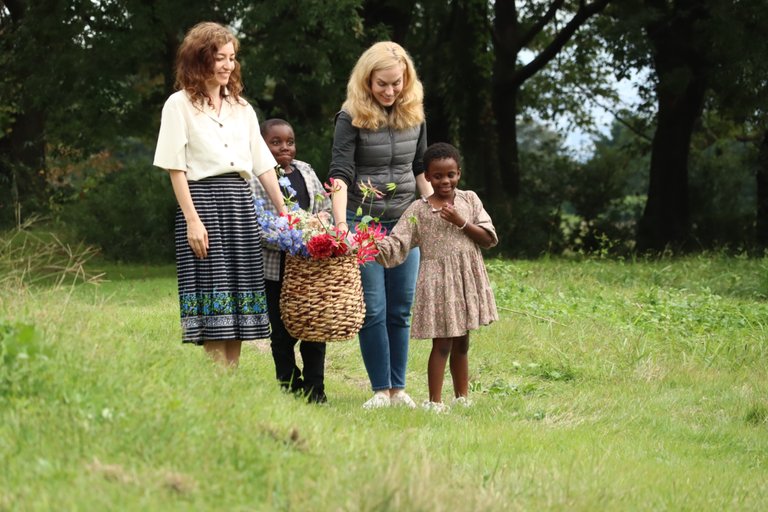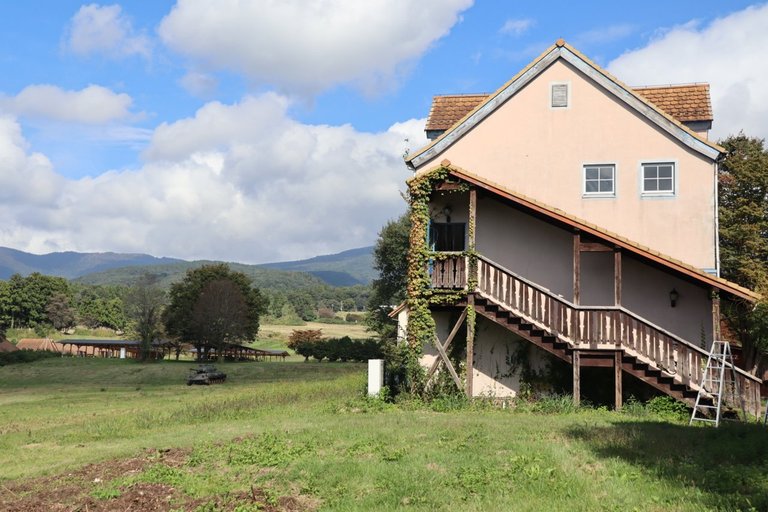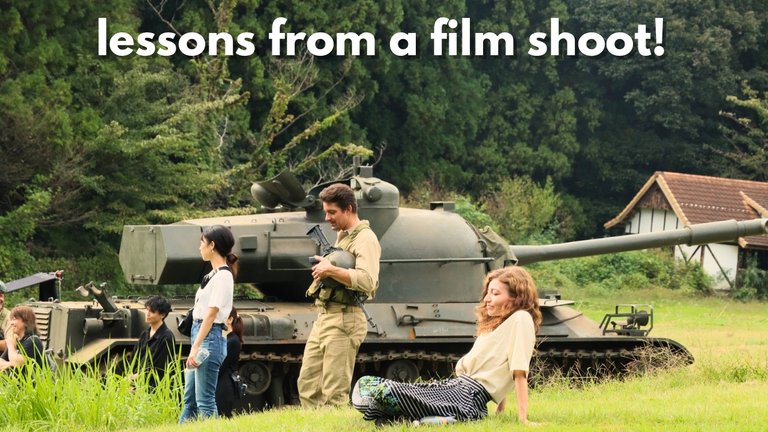
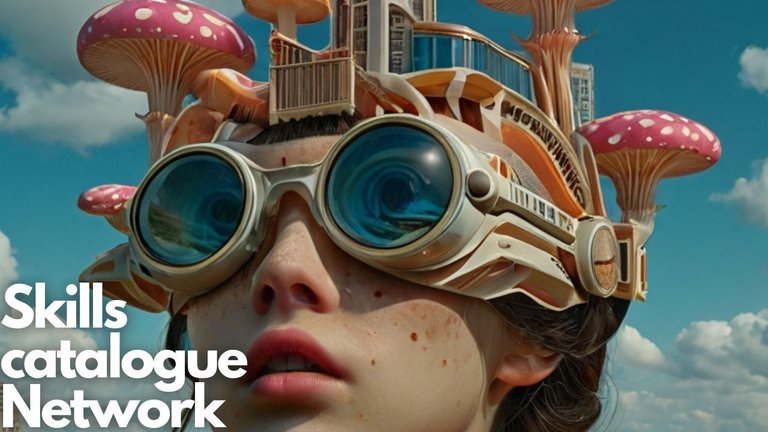
Image Gnerated using leonardo.ai
Hey there, digital world! @dmilliz here, fresh off a recent film shoot for a short film called Citizens. It was an amazing experience, and today I want to share some insights I gathered from it—especially about how building skills, creating a portfolio (or catalog), and networking can really launch your career, even without a degree. If you don't like reading, just watch the YouTube video below:) I got yah!


Getting Into the Shoot
This all started when a friend hooked me up with the gig. He needed kids to play roles, so I reached out to some friends from Zimbabwe. They were excited to participate but didn’t have a ride to the location. I offered to take them, and next thing I knew, I was on set, not just as a chauffeur, but also as an extra! It was a small role, but being there gave me a front-row seat to how things work behind the scenes. ( Keep in mind my older brother is highly involved in the in film industry in Jamaica and I also took on the role of director's assistant on my cousins gig years ago, so I know a thing or two about what takes place behind the scenes..)

Meeting the Right People
One of the best things about being on set is the people you meet. I had the chance to talk to a guy who’s a programmer for AI models. He introduced me to an AI model called Perplexity, which is apparently Google-based and runs on the latest data. It was fascinating to hear about how these technologies work and how they can influence creative projects.
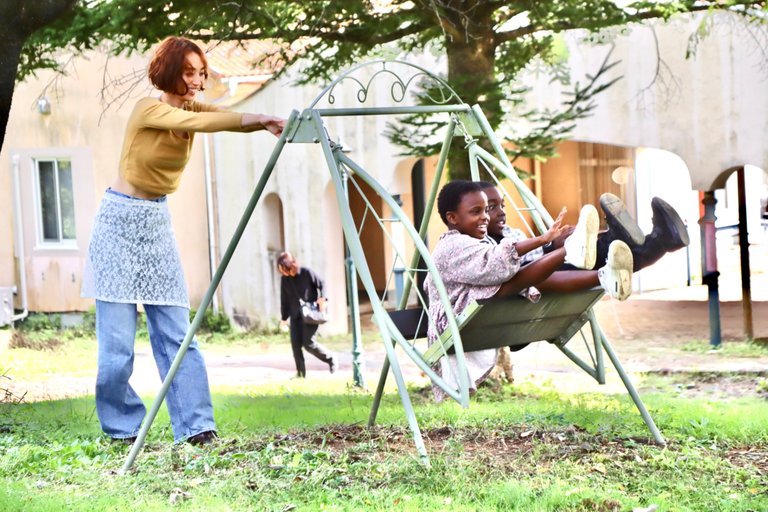
Then, I met up with the guy who gave me the contact for the shoot. I've actually known him for years. His story reminded me just how crucial it is to have a catalog of work to show potential collaborators. This guy didn’t have a degree in sound engineering, yet he’s a successful sound engineer today. How? He built his skills by working on small projects, recorded everything, and created a portfolio that eventually caught the eye of people in the industry. He started with small jobs like making "Tasty English" videos, and from there, someone spotted his work and offered him a job on a film. His career took off from that point, and now he’s doing commercials, short films, and more—all without a formal education in sound. And many a times, his work brings him in front of the camera doing acting.
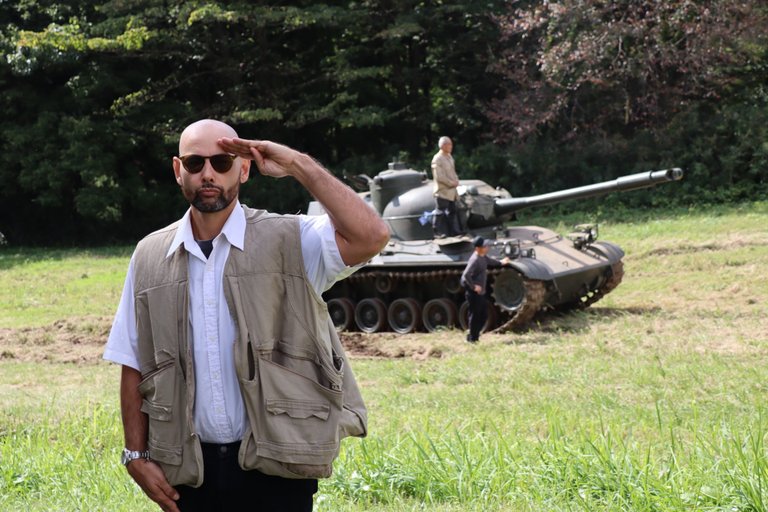
Building Skills, Building a Catalog
I also met a videographer on set who had some heavy-duty equipment—a camera setup worth around $20,000! When I asked if he went to film school to learn his craft, he said no. The first time he touched a camera was only five years ago. How did he land these big gigs? He posted his work on YouTube, built a catalog, and networked like crazy. People saw his work, liked what they saw, and started hiring him. Again, no degree, just skills, a catalog, and a solid network.
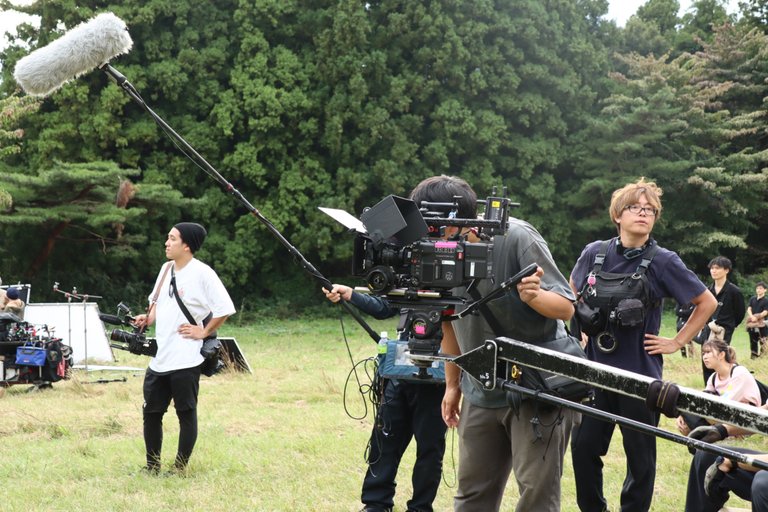
The Key Takeaways
The biggest takeaway here is that you don’t necessarily need a degree to make it in the creative industries. Sure, a degree can help, but if you don’t have the means to pursue formal education, don’t let that stop you. Focus on building your skills and creating a portfolio that showcases your abilities. Then, get out there and network. The connections you make can lead to incredible opportunities.
For instance, one of the actors on the Citizens set was flown all the way in from Atlanta. Why? Because he met the director at a film festival years ago, they exchanged contact information, and kept in touch through Facebook. When this project came up, the director reached out to him and brought him to Japan for the role. All because of a simple networking effort!
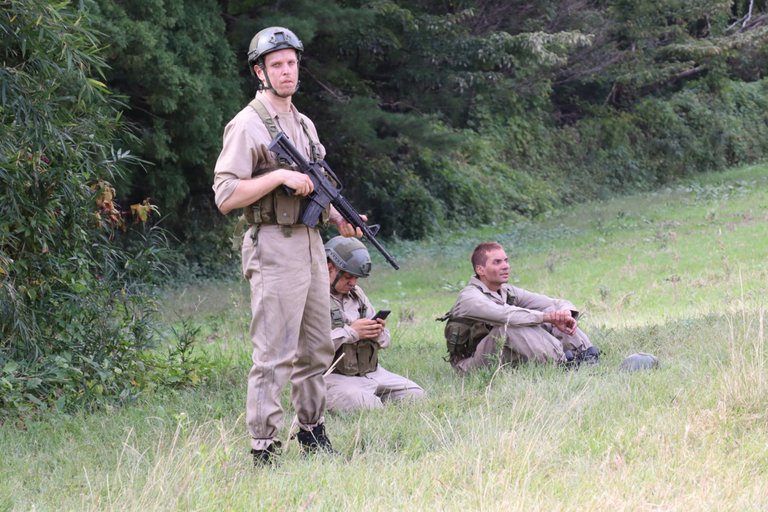
The Creative Grind
Working on this film was a blast, even though it was long hours—from 8 a.m. to 6 p.m. And yes, I was tired at the end of the day, but it was that good kind of tired. You know, the kind where you feel like you’ve done something meaningful, something worthwhile. It was inspiring to be part of a project with a proper budget and a well-organized crew. I could definitely see myself on more sets in the future—and who knows, maybe stepping into a bigger acting role.
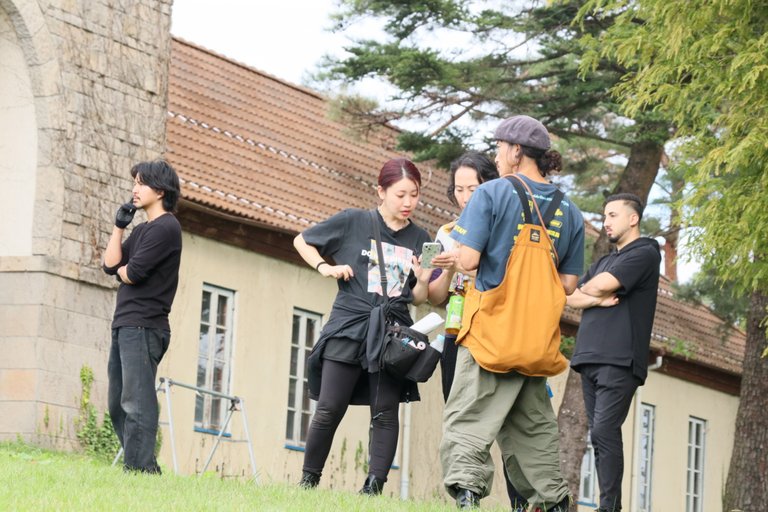
Final Thoughts
So, to sum it all up: Build your skills, create a solid catalog, and network. You never know what opportunities could come your way. Whether it's in film, sound, or any creative field, those three things are essential to making it. Don’t let the lack of a degree hold you back. Start where you are, use what you have, and connect with people who can help you grow.
What skills do you want to build, and how are you planning to expand your network? Let me know in the comments!
Below are more photos from behind the scenes. All photos were taken by myself.

